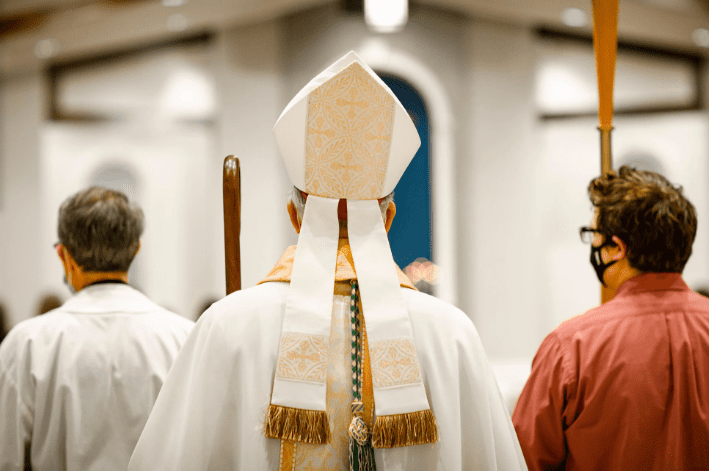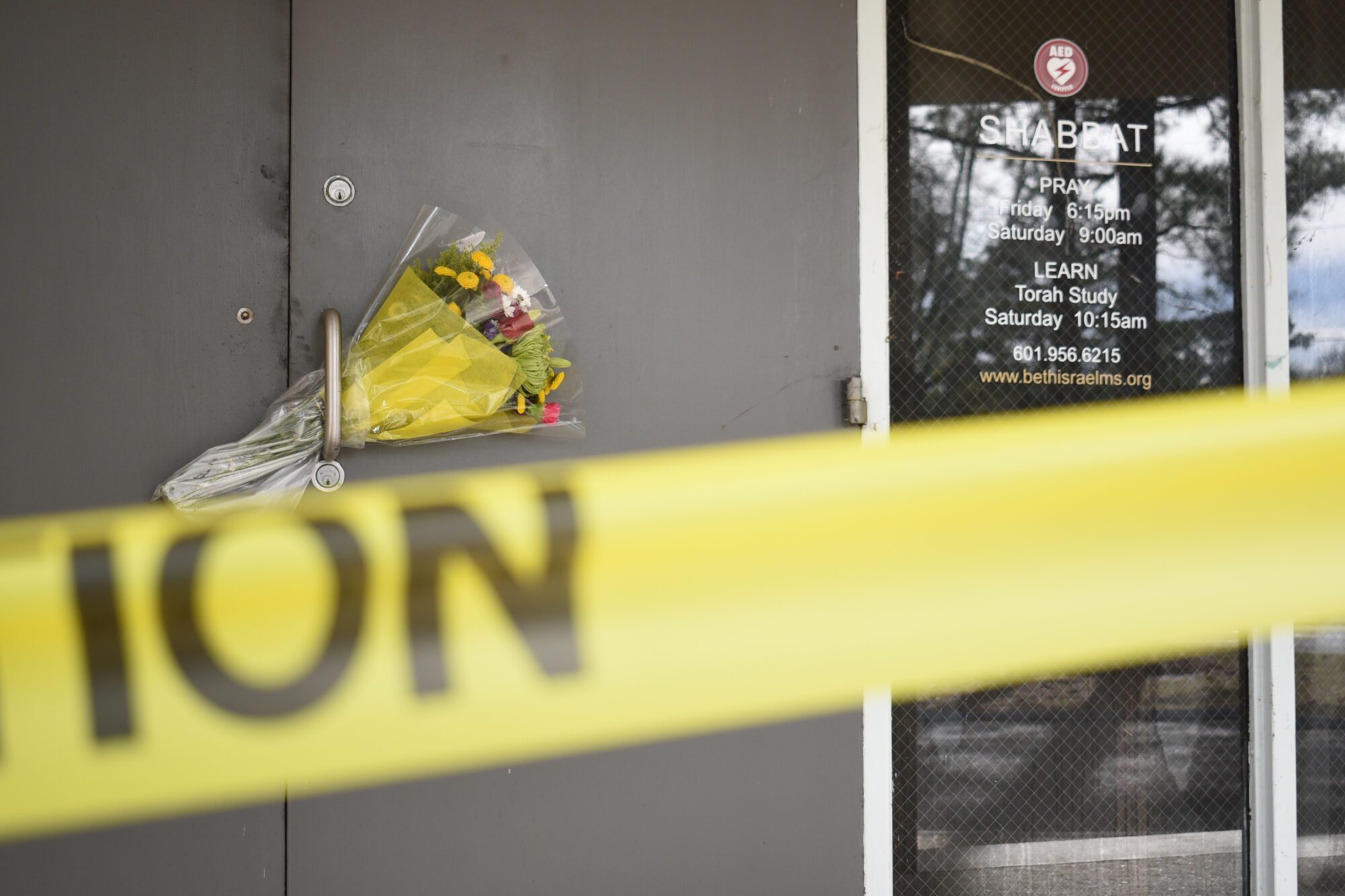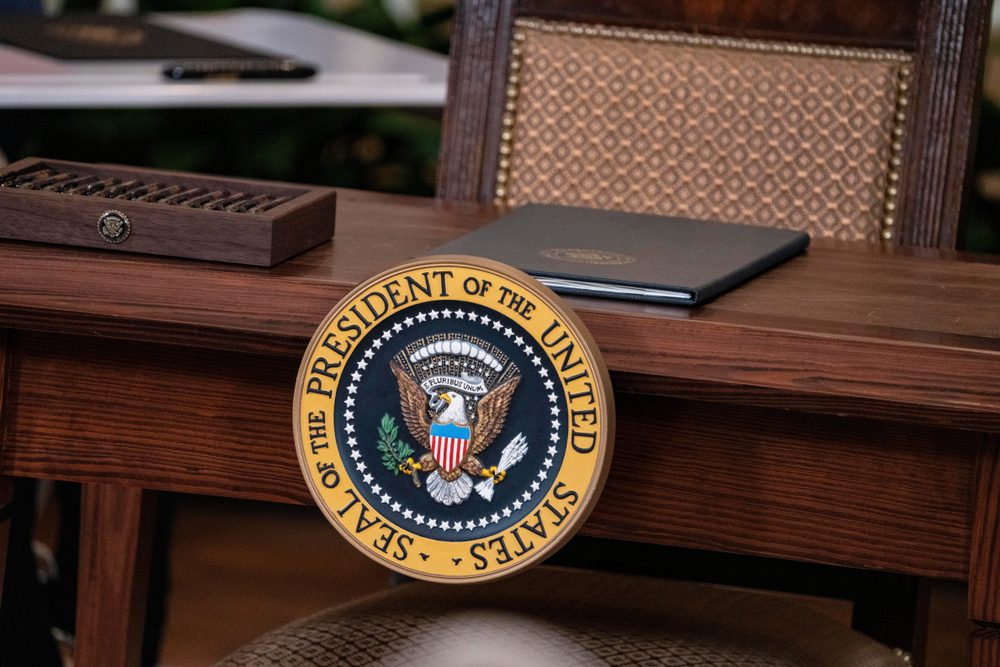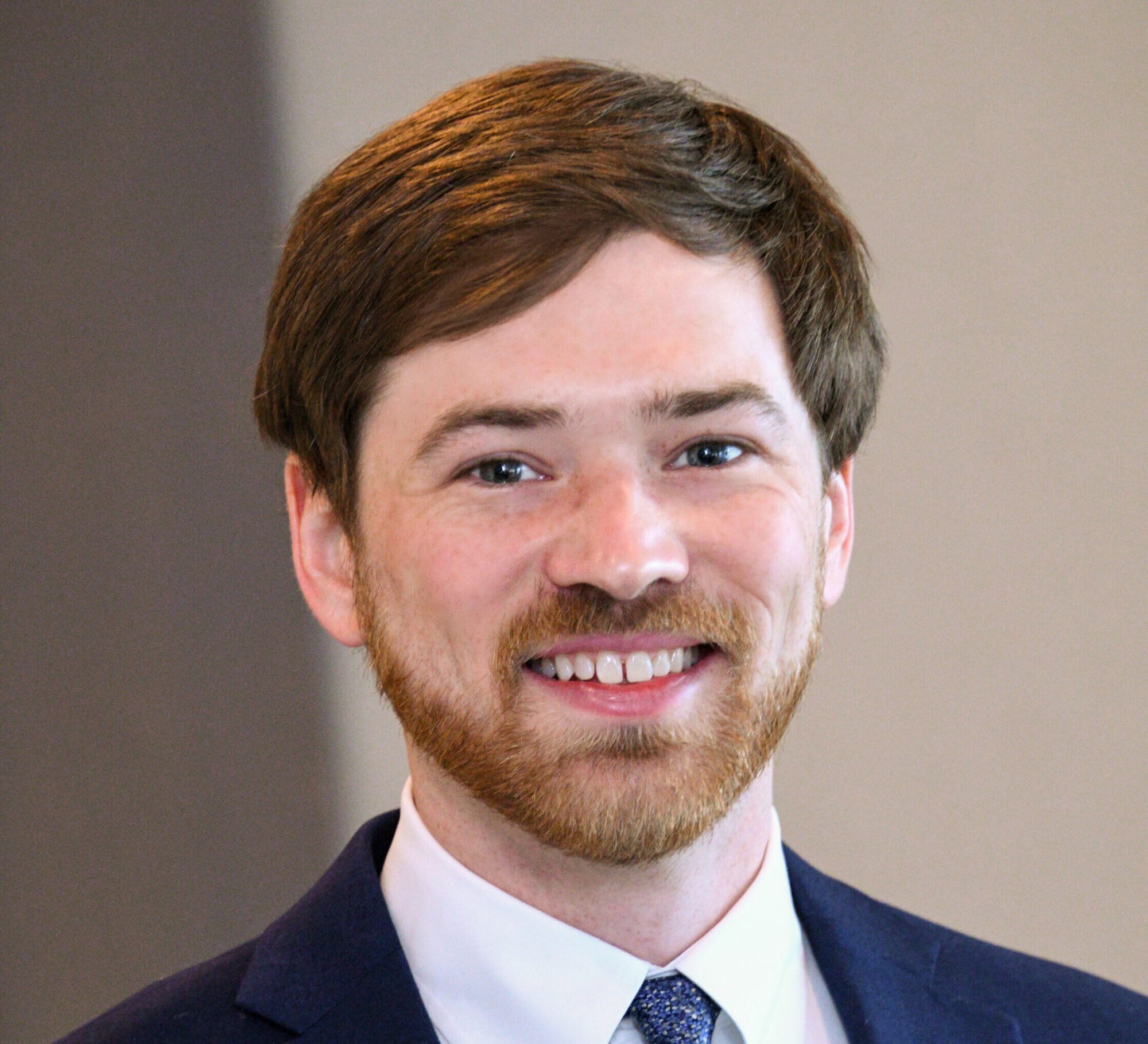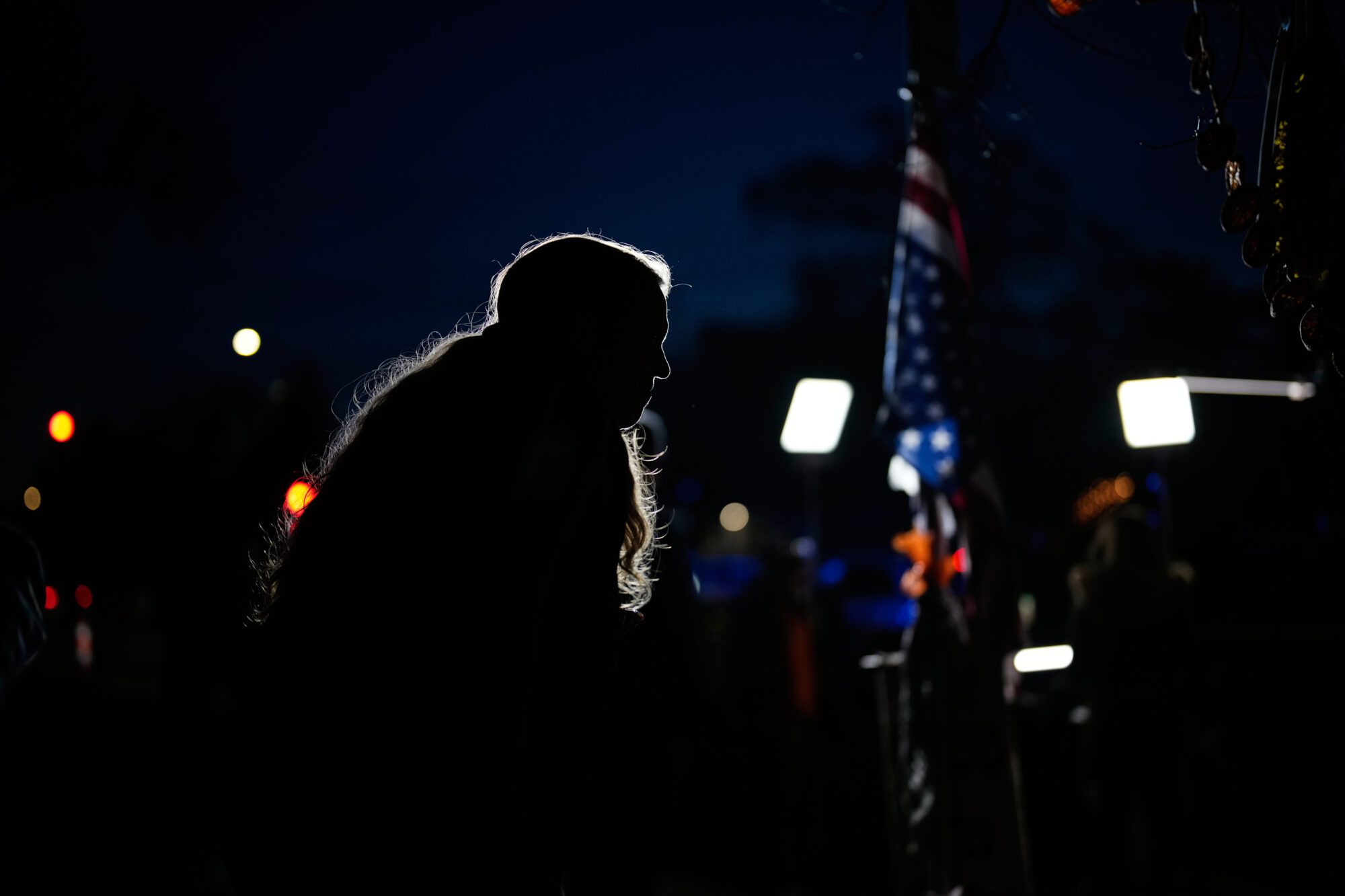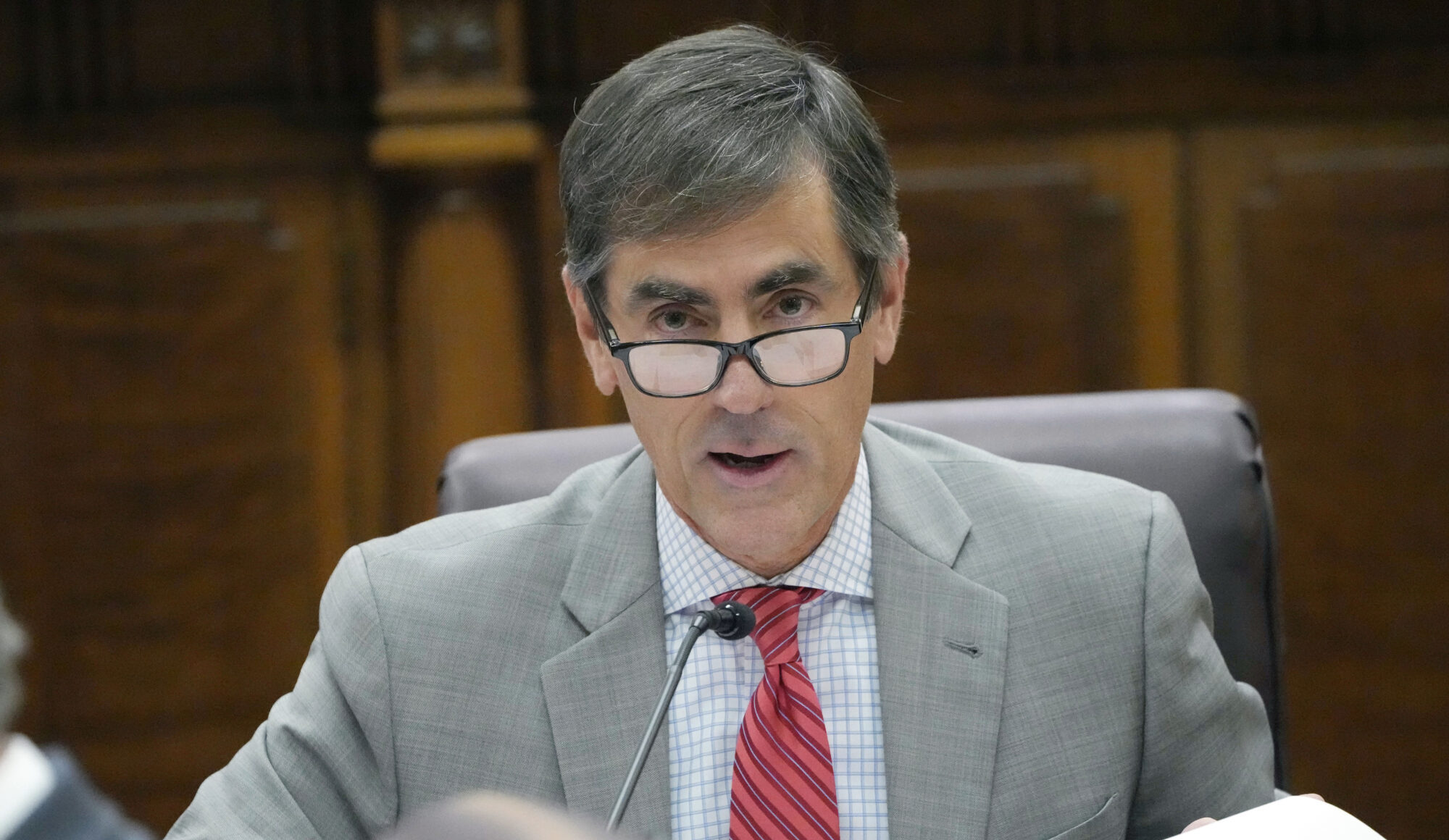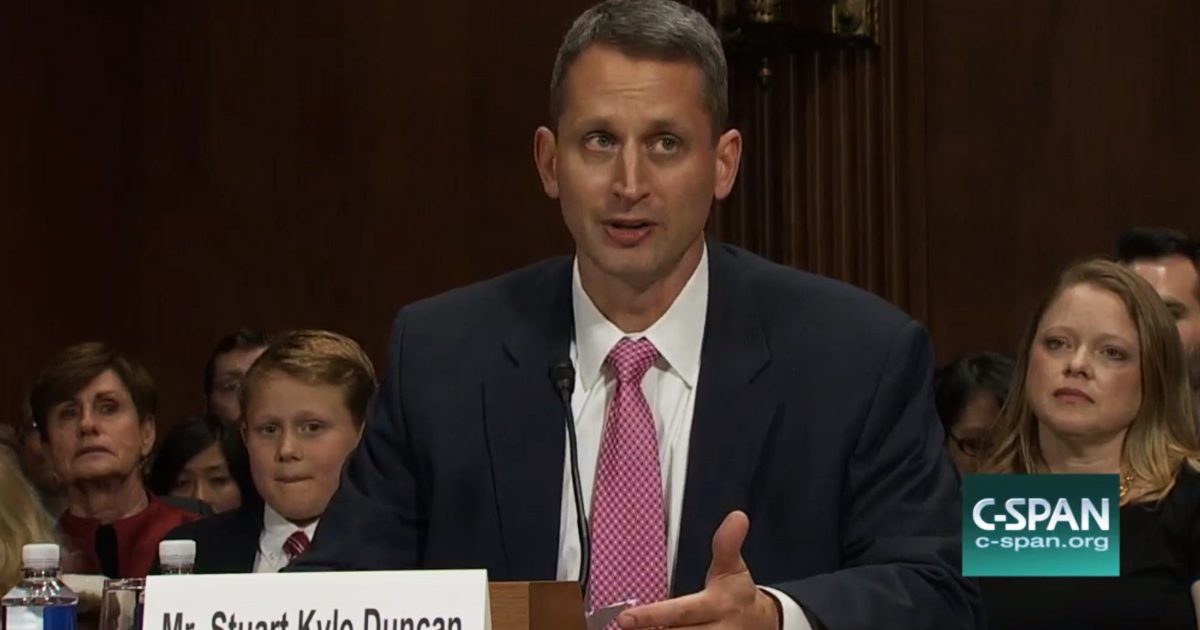
U.S. Court of Appeals for the 5th Circuit Judge Kyle Duncan
Redefining “free speech” to mean we only hear what we want to hear, or worse, that we prevent others from hearing what they might like to hear, is a stepping-stone toward mob rule and authoritarianism that should concern every freedom loving person.
Fifth Circuit Judge Kyle Duncan stepped to the podium on Thursday at Stanford Law School. The Firth Circuit is the Court of Appeals that includes jurisdiction over Mississippi, Louisiana, and Texas. The law school’s Federalist Society chapter invited Duncan to discuss court opinions on “COVID, guns, and Twitter.”
But little substantive discussion occurred. As Duncan approached the podium, a barrage of invective rang out. Shouts like “you’re not welcome here, we hate you!,” “why do you hate black people?!,” “leave and never come back!,” “we hate FedSoc students, f**k them, they don’t belong here either!,” and “we do not respect you, this is our jurisdiction!” were reported.
After ten minutes of persistent heckling from protesters assembled at the event, a Stanford Law School administrator came forward. Tirien Steinbach, Associate Dean for Diversity, Equity, and Inclusion took the podium from Duncan and then pulled out prepared remarks. This prompted Duncan to suggest that the entire event had been a setup.
In her remarks, Associate Dean Steinbach lectured Duncan. She said that his presence made her and others uncomfortable, and that his opinions from the bench had “caused harm.” Steinbach likened Duncan’s speech to that which “feels abhorrent” and “literally denies the humanity of people.”
While saying she supported uncensored free speech, Steinbach repeatedly raised the question “is the juice worth the squeeze?.” Duncan interjected to question what that meant. Steinbach explained “I mean is it worth the pain that this causes and the division that this causes?.” Steinbach suggested that perhaps Stanford should revisit its free speech policy.
You can watch a widely circulated video of Dean Steinbach’s interruption here and read a full transcript of her comments here.
Primed for Hostility
David Lat at Original Jurisdiction has done excellent reporting on the details of the incident. Judge Duncan arrived on campus with the pump primed for hostility. In the days prior to his arrival, opponents plastered posters across the law school. The posters said the Federalist Society should be ashamed of itself for inviting the sitting appeals court judge.
One of the posters characterized Duncan’s work as discriminating against members of the LGBTQ+ and African American communities. Another included the pictures and names of Federalist Society members.
An email prior to the event from Associate Dean Steinbach explained that the law school would be taking no action to prevent the event, despite the fact that “[f]or some members of our community, Judge Duncan, during his time as an attorney and judge, has repeatedly and proudly threatened healthcare and basic human rights for marginalized communities, including LGBTQ+ people, Native Americans, immigrants, prisoners, Black voters, and women, and his presence on campus represents a significant hit to their sense of belonging.”
On the morning of the event, protesters approached Federalist Society members at a public cafeteria and asked them to leave. Protesters told the Federalist Society members that the event organizers were unwelcome in their safe space.
Students filing into the event made their way through protesters. One poster offered lewd commentary about Duncan’s sex life. Shouts of “shame!” and calling out people by name as they entered the lecture space echoed through the hallways.
Stanford Apology
Over the weekend, Stanford University President Marc Tessier-Lavigne and Stanford Law School Dean Jenny Martinez, issued a written apology to Judge Duncan:
We write to apologize for the disruption of your recent speech at Stanford Law School. As has already been communicated to our community, what happened was inconsistent with our policies on free speech, and we are very sorry about the experience you had while visiting our campus.
The letter also acknowledged the impropriety of Associate Dean Steinbach’s actions, though it failed to name her directly:
In addition, staff members who should have enforced university policies failed to do so, and instead intervened in inappropriate ways that are not aligned with the university’s commitment to free speech.
The full apology can be read here.
Dangerous Territory
One could argue I’m biased. In addition to being a sitting Fifth Circuit judge, Kyle Duncan was my constitutional law professor. He’s someone I admire.
But if you name any other federal judge (or any other person), my response to them being treated the way Duncan was, would be the same. I’d be aghast and saddened by the loss of decorum and respect for foundational institutions, like freedom of speech and association.
Many self-proclaimed liberals, particularly within the university setting, have become quite illiberal when it comes to these bedrock values. Ascribing the worst possible motivations to ideological foes, labeling, and dismissing is far easier than listening to understand. Why grapple with complex ideas when we can marginalize someone like Duncan as a racist, sexist, or bigot?
Speakers being shouted down on college campuses is nothing new. But the trend in law schools is arguably more problematic. Law school, by design, is intended to instill in students a respect for the rule of law. The rule of law, which values process over the whims and emotions of man, is essential to a functioning democracy.
The entire practice of law is predicated on being able to hear and rationally respond to opposing views. The practice of law takes place in an environment that imposes rules and norms of decorum. Interrupting opposing counsel or shouting at a judge will get you held in contempt in an actual court of law.
More broadly, redefining “free speech” to mean we only hear what we want to hear, or worse, that we prevent others from hearing what they might like to hear, is a stepping-stone toward mob rule and authoritarianism that should concern every freedom loving person.

